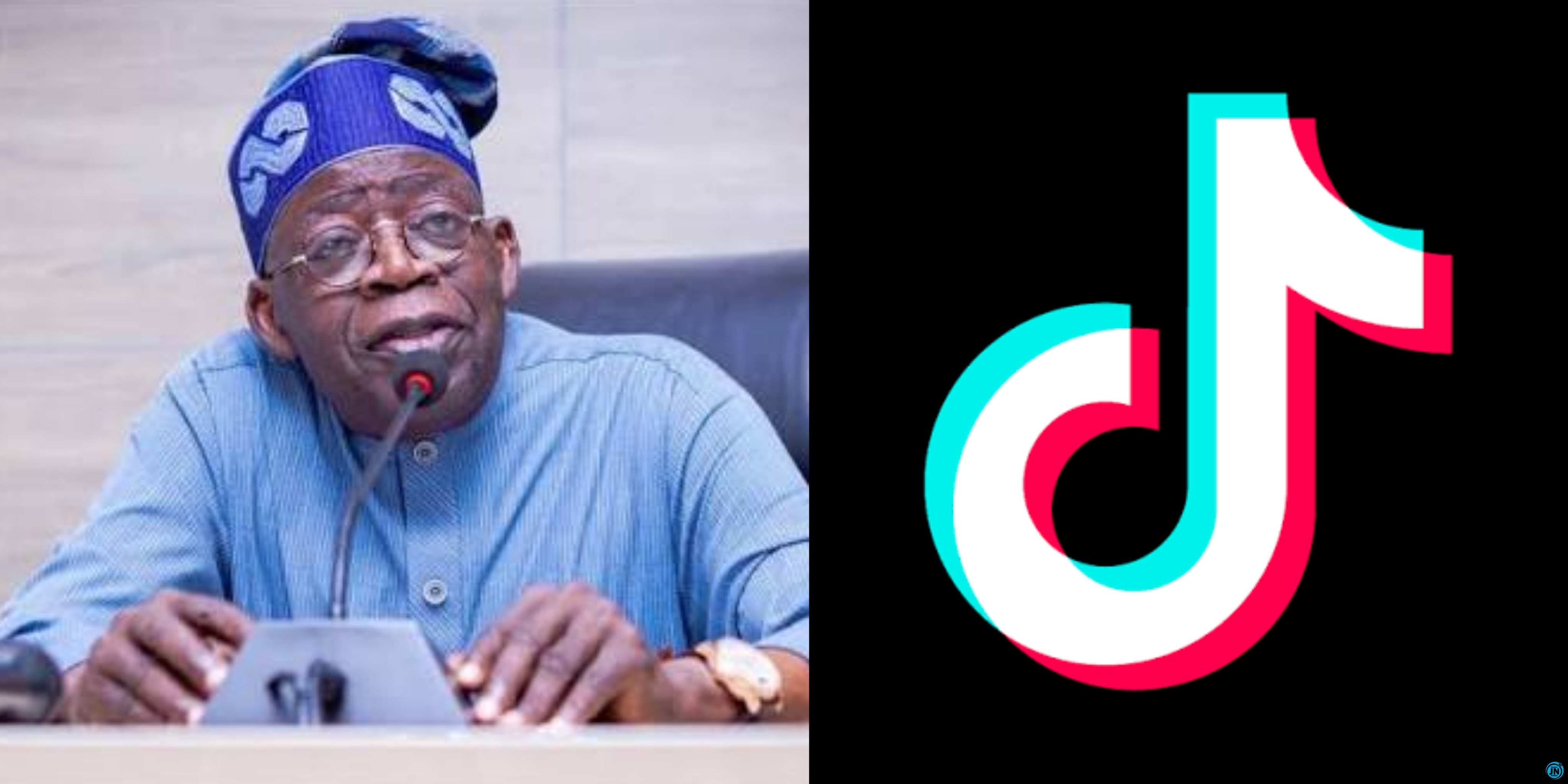
The Federal Government of Nigeria has announced its intention to introduce stricter regulations on popular short-video platforms like TikTok, emphasizing the need to redirect user content toward educational, skill-based, and productive digital engagement.
According to reports, the proposed policy aims to discourage the spread of “purely entertainment-driven” content that has dominated the app in recent years, pushing instead for a system that promotes learning, innovation, and entrepreneurship among Nigerian youth.
Government representatives stated that the decision was influenced by the growing concern that many young Nigerians are spending excessive time creating and consuming frivolous entertainment content rather than leveraging social media as a tool for personal and professional growth.
FG emphasizes digital skill development
Officials from the Ministry of Information and National Orientation explained that the government wants to reshape the online culture by promoting creativity with purpose. “TikTok and similar platforms should not just be about dancing and comedy. We want to see young Nigerians using these platforms to showcase skills, innovations, and technical abilities,” a ministry source said.
The government also hinted that the forthcoming regulations will not be about censorship but about guiding social media engagement towards national productivity goals. This, according to them, will include encouraging creators to produce educational videos, vocational tutorials, and other forms of skill-enhancing content.
However, this development has quickly become a trending topic across major social media platforms, stirring heated discussions among Nigerians who see the move as either a step in the right direction or another sign of government interference in online freedom.
Public reactions trail TikTok regulation proposal
The news has sparked mixed reactions among users. While some Nigerians applauded the initiative as an effort to steer the youth toward a more productive future, others dismissed it as misplaced priority amid the country’s ongoing economic hardship, high inflation, and unemployment crisis.
One online commenter wrote, “Here we go again. Instead of fixing unemployment or the economy, they want to regulate TikTok.” Another user added sarcastically, “How about focusing on skill empowerment offline first before policing vibes online?”
Many TikTok creators expressed concern that this move could affect their livelihoods, noting that entertainment content is what drives engagement and revenue. “Next thing you’ll see comedians teaching carpentry tutorials just to stay online,” one person joked, highlighting how unrealistic the idea seemed to some.
Mixed opinions from Nigerians
While critics accused the government of stifling creativity, others welcomed the proposal, saying it could restore decency to social media spaces that have become flooded with explicit or unserious content. “That’s a good one… TikTok is now a begging app. You can’t even meet decent people there anymore,” one user commented in support of the regulation.
However, other respondents argued that entertainment itself is a form of skill and employment. “Experience has shown that educative content doesn’t go viral,” a TikTok influencer noted. “People make real income through comedy, dance, and entertainment — the government should not destroy that.”
Despite the divided opinions, analysts believe this development could mark the beginning of a broader conversation about how social media impacts productivity and national development. Some experts have urged the government to work collaboratively with creators instead of imposing restrictive policies that could affect their creative freedom.
For now, Nigerians continue to watch closely to see how this proposal unfolds and whether the government will actually implement new digital content guidelines for platforms like TikTok, YouTube Shorts, and Instagram Reels.
Watch the video below…
The Federal Government has announced plans to tighten control over popular social media platform TikTok, aiming to regulate its content to focus more on skill development rather than purely entertainment.
— Instablog9ja (@instablog9ja) October 27, 2025